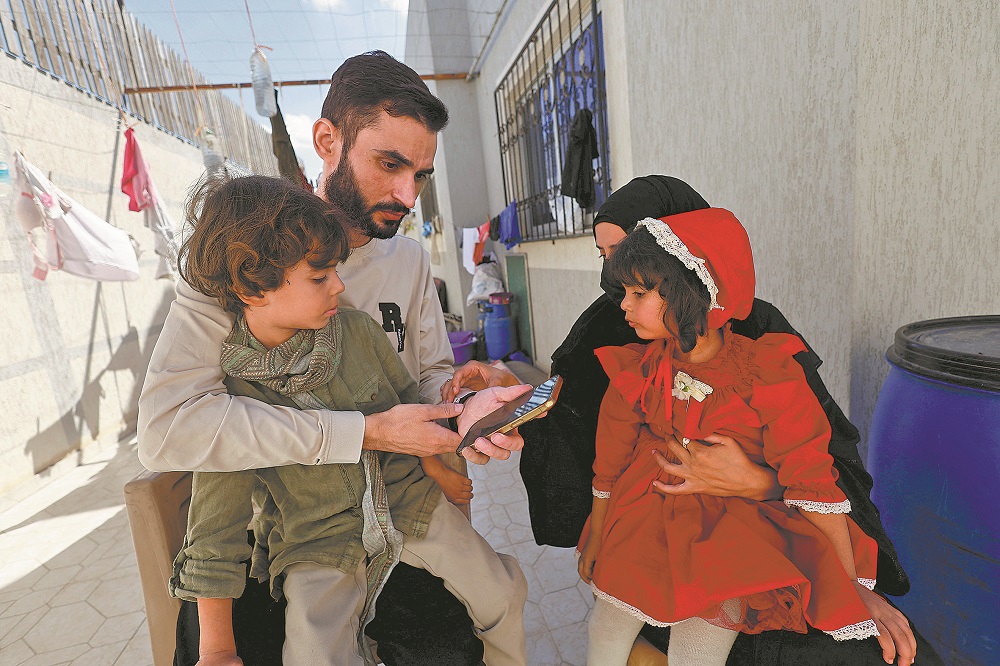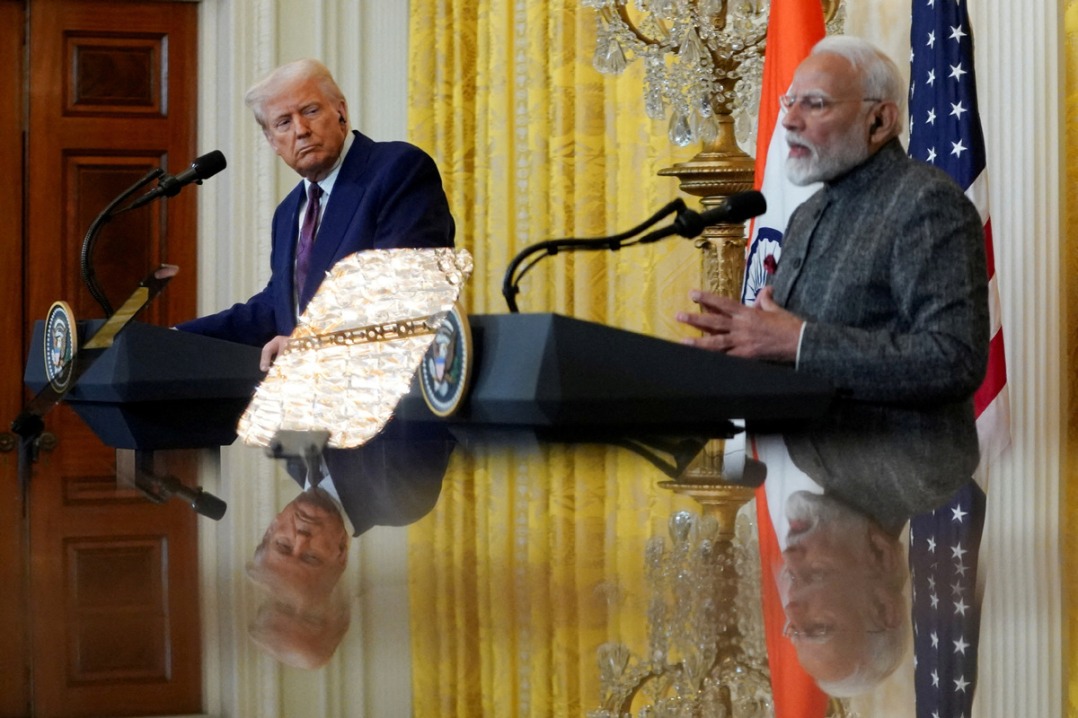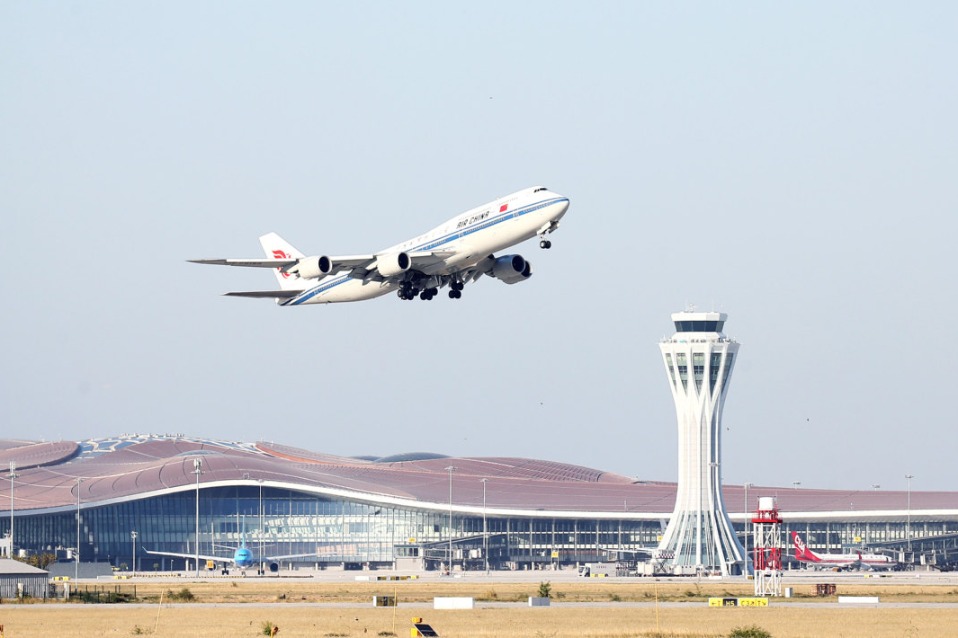Detained Gaza man reunites with family


KHAN YOUNIS — Shadi Abu Sido says that when he was in Israeli detention his world was shattered when guards told him his wife and two children had been killed.
"I became hysterical," the Gaza Palestinian photojournalist said.
However, after he was released on Monday, part of the US-mediated ceasefire deal between Hamas and Israel that halted two years of conflict, he discovered that his loved ones were alive.
His wife, Hanaa Bahlul, raced down the hallway of his family's house in Khan Younis and leaped into his arms. He spun her in the air as they clung to each other. Abu Sido kissed his children's cheeks again and again, murmuring "My love" as he held the daughter and son he thought he would never see again.
"I heard her voice, I heard the voice of my children," he said. "I was astonished. It cannot be explained; they were alive. I saw my wife and children alive. Imagine amid death, life."
Abu Sido said he was detained at Al-Shifa Hospital in the northern Gaza Strip on March 18 last year.
He was among 1,700 Palestinians whom Israeli forces detained during the devastating fighting in Gaza and who were released on Monday, along with 250 prisoners convicted or suspected of involvement in deadly attacks, in exchange for 20 Israeli hostages held by Hamas since its cross-border assault in October 2023.
Bahlul said a lawyer from Addameer, a Palestinian human rights group, had told her that Abu Sido was being held under Israel's Unlawful Combatants Law, a form of administrative detention. Omer Shatz, an Israeli international law expert at the Paris Institute of Political Studies, said the law allows Israel to limit access to lawyers, incarcerate people without charge or trial, and arbitrarily detain many Palestinians in Gaza.
According to Addameer, 2,673 Gazans are being held under this law. The Israeli military said in a statement sent to Reuters that its detention policy was "in full alignment with Israeli law and the Geneva Conventions" on legal standards for humanitarian treatment in wartime. Israel's Justice Ministry did not respond to Reuters requests for comment.
Abu Sido said he was severely beaten, handcuffed, blindfolded and forced to kneel for long periods while in detention. His wrists looked raw during his meeting with Reuters, which he said had been caused by the shackles.
He was first held at Sde Teiman military detention camp in Israel, then transferred to Ofer military camp, which is in the Israeli-occupied West Bank, and later to Ketziot prison in Israel, his wife said.
Abu Sido was arrested only for being "a journalist for a Palestinian institution", Bahlul said.
An Israeli military official said last month that about 100 criminal investigations related to the Gaza conflict have been conducted. Two cases have led to indictments, and one soldier was sentenced to 17 months in prison.
AGENCIES VIA XINHUA

































